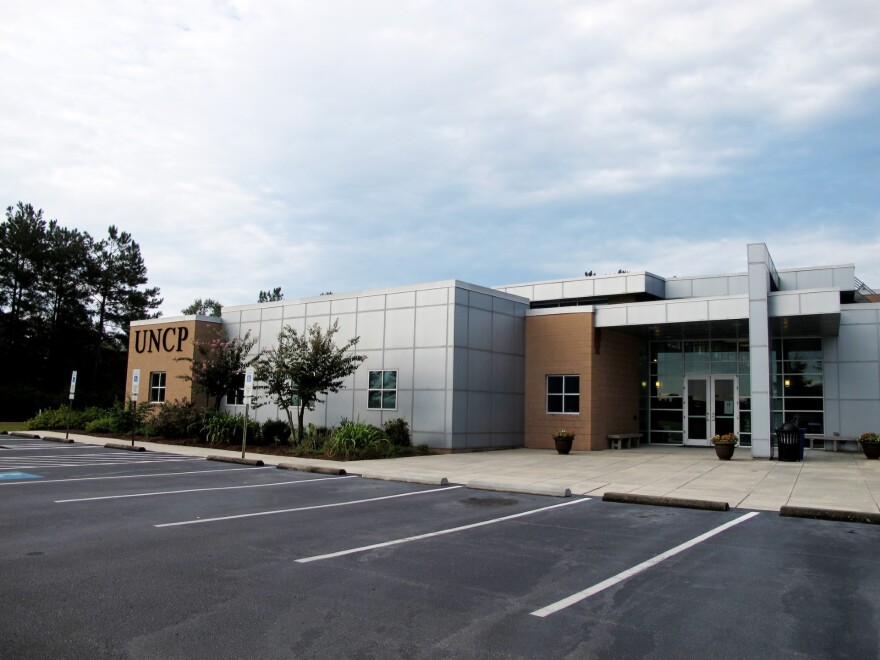Six public and private Historically Black Colleges and Universities (HBCUs) and the state’s only Historically American Indian University (HAIU) have launched a new coalition to increase accessibility to the biopharmaceutical industry.
is led by North Carolina Central University, one of the state’s five public HBCU's. It’s made up of regional hubs across North Carolina, created to prepare people for entry-level jobs in biopharmaceutical manufacturing.
The multi-institution project is part of an even bigger partnership called the Accelerate NC-Life Sciences Manufacturing Coalition. The organization was in the state.
Part of this funding will go directly to the HBCU/HAIU coalition, which is launching its , the coalition’s HAIU.
William Smith is the director of development at NC Central’s Biomanufacturing Research Institute and Technology Enterprise ().
"Accelerate NC is all about helping underserved populations develop new skills to prepare for job opportunities in life sciences manufacturing that may have seemed unobtainable,” Smith said in a statement. “UNC-Pembroke is taking a critical first step for the HBCU/HAIU coalition in building an equitable talent pipeline, with many more training opportunities to come."
Participants in the program will take 80 hours of in-person bioprocessing courses, led by NC Central-trained instructors.

Leonard Holmes, director of , said students will learn about working in a sterile environment, upstream/downstream processing and how to operate equipment.
The program is free, and open to both college students and community members.
Velinda Locklear Woriax, chair of UNC-Pembroke’s biology department, said opening the program up to everyone allows for even more accessibility – especially in a rural area like Pembroke.
“(We) are able to take in people that couldn’t do this,” Woriax said. “They couldn’t do the travel… or they wouldn’t have the money to pay for them to have living expenses for a two-week period of time. They can do it right here in their own backyard.”
Being in a rural area, however, also comes with some obstacles. Most of the project’s partners – such as Biogen, Amgen and Novo Nordisk – are located in urban areas.
Associate Dean Ashley Allen refers to this as the classic chicken and egg problem, or what comes first — a trained workforce or industry partners moving to the area? She said the hope is that by training the workforce, some of those industry partners are incentivized to expand into more rural areas.
“We want to do everything we can to connect (our participants) with potential employers that aren't necessarily going to require that they drive all the way to Raleigh,” Allen said. “But I'm confident we're going to find some good paths there and hopefully provide some incentives for our industry partners to potentially look over here at Robeson County and set up shop.”
Even so, Allen said there is still a big need for people with bioprocessing expertise in the industry.
“(They’re) vital to this pharmaceutical industry,” Allen said. “You can complete these online modules, and then take a two-week class that is then going to make you eligible for these entry-level positions at these various companies – which I think is fabulous and not what people would expect."
The program starts on Jan. 22 and lasts until Feb. 2. UNC-Pembroke will also offer additional trainings in the summer. More information about UNC-Pembroke’s program and registration can be found .
The HBCU/HAIU Coalition’s other hubs will be located at Elizabeth City State University, Fayetteville State University, Livingstone College, Saint Augustine's University and Winston-Salem State University.
These universities will also launch bioprocessing trainings later in 2024.







